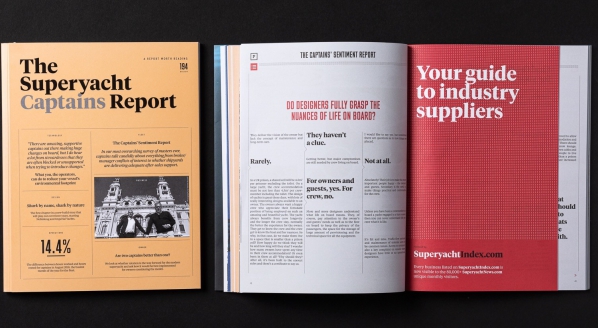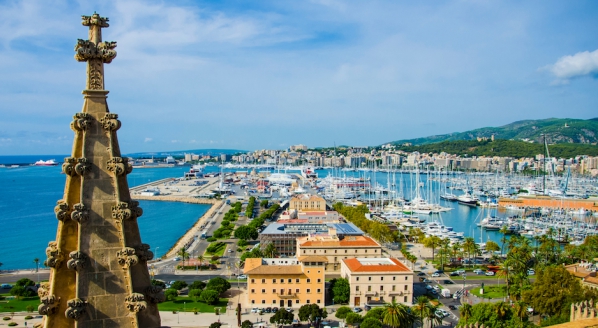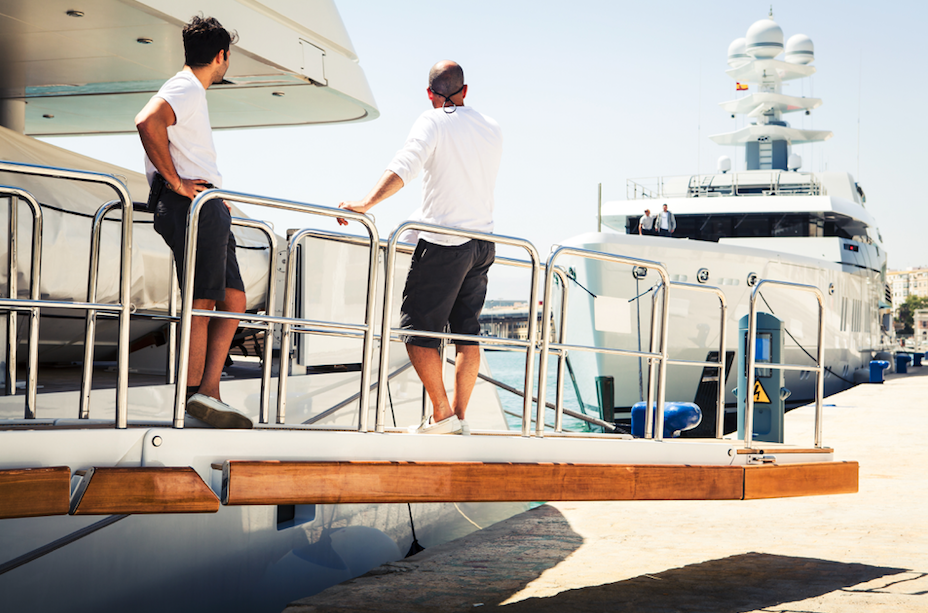SuperyachtNews COVID-19 Advisory – Concerns for superyacht crew
The financial security of superyacht crew relies heavily on the good will of owners, repatriation remains difficult…
The COVID-19 pandemic has created issues for superyacht crews on a hitherto unprecedented scale. Unlike traditional concerns, that typically focus on a particular region or crew nationality, the COVID-19 pandemic has created a global crisis that will, in one way or another, affect large numbers of crew. Major concerns include the inability of crewmembers to benefit from government financial support schemes, minimum manning requirements and difficulties surrounding repatriation.
“I can only comment on the UK’s job retention scheme, but we do have concerns about the conditions for accessing the financial aid where it relates to the superyacht crew,” starts Charles Boyle, director of legal services at Nautilus International. “The problem is that many seafarers will be employed on offshore contracts. In order to benefit from the UK’s scheme, the business must have a UK bank account and the employee in question must be a registered PAYE worker, which is going to cause problems. I expect that yacht personnel are going to be unable to benefit from the UK’s furloughing or self-employment schemes.”
In previous articles we have explored how the health of the superyacht market is going to be reliant on the decisions made by superyacht owners or those clients that are currently engaged in build projects. As certain owners decide what is best for themselves and their assets, the crew landscape is likely to be no different.
“Superyacht owners will need to decide on systems that suit their own needs, and indeed the needs of their employees (crew),” continues Boyle.
It may be, for instance, that some owners decide to reduce the number of crew on board their vessel to minimum standard in order to account for lost charter revenues. Other owners, who are eager to maintain their crews and go yachting once the dust settles, may decide to keep their crew employed throughout the crisis.
“Owners are going to be offering a variety of choices,” explains Boyle. “I have already seen examples where owners are offering their crew a number of options. While the options vary in their makeup, typically they include being repatriated without future pay and having reduced pay and being kept on board. However, the options will undoubtedly vary from vessel to vessel. Even so, there will likely be a number of crewmembers with cash flow problems for the coming months.”
In the scenarios where crew are being sent home with minimum crewing standards being applied for yachts that are in port or on the hard, the issues surrounding government help schemes will be felt especially keenly. With no job and no access to aid, many crews will be required to live on whatever cash reserves they have or, alternatively, seek employment in what is surely the worst job market in living memory. Equally, if these same crewmembers require updates to their qualifications – which don’t come cheap – they may well decide that re-entering the market once the dust has settled is not an appealing prospect, given the poor situation they found themselves in throughout this crisis.
“Most of the queries that we have received concern repatriation and simply getting home,” explains Boyle. “While getting home may be the solution to many seafarers’ problems, the situation is just not that simple today. The major steps would be to contact a union[if they are a member], be aware of their repatriation rights under the MLC and to contact their local consulate or embassy. However, depending where they are in the world, even getting out of the port may not be possible. Equally, the jurisdiction they are trying to reach may not be accepting any flights.”
There is, however, potentially some good news in this regard. Several maritime authorities are urging the international community to accept that seafarers are essential workers, with more information to this effect expected in due course. It is believed that, should seafarers become recognised as essential workers, there can be no distinction between yachting and commercial personnel. In this regard, the yachting community may finally be glad that, in terms of legality, there is no distinction between the two.
“If seafarers get categorised on a special status for transit to ship and back, as well as repatriation, no distinction will be made [between] seafarers and yacht works. There should be no guidance that will make one set of rules for one and one for another,” concludes Boyle.
For more information please see the following resources:
ILO - Information note on maritime labour issues and coronavirus (COVID-19)
MCA - Maritime Labour Convention, 2006 and COVID-19
Crew employment during COVID-19 pandemic
Profile links
NEW: Sign up for SuperyachtNewsweek!
Get the latest weekly news, in-depth reports, intelligence, and strategic insights, delivered directly from The Superyacht Group's editors and market analysts.
Stay at the forefront of the superyacht industry with SuperyachtNewsweek
Click here to become part of The Superyacht Group community, and join us in our mission to make this industry accessible to all, and prosperous for the long-term. We are offering access to the superyacht industry’s most comprehensive and longstanding archive of business-critical information, as well as a comprehensive, real-time superyacht fleet database, for just £10 per month, because we are One Industry with One Mission. Sign up here.
Related news

From adversity comes opportunity
The unique facets of this current market crisis could also represent the routes back to success
Business

The Armchair Yachtsman
Martin Redmayne explains why we have made our print portfolio free for all to access
Business

SuperyachtNews COVID-19 Advisory – yachts in the south of France
SuperyachtNews hears from Riviera Yacht Support about the situation for yachts in the south of France
Crew

SuperyachtNews COVID-19 Advisory – guidelines for crew on yachts in Mallorca
The Balearic Port Authority has issued guidelines about work permitted on yachts in yards and marinas
Crew

Force majeure…or perhaps not
SuperyachtNews speaks with John Leonida about yachting’s popular new throwaway phrase
Business

A Darwinian moment - the evolution of superyachting
Our chairman looks ahead to what a brighter, post-COVID-19 future could look like
Business
Related news
From adversity comes opportunity
5 years ago
The Armchair Yachtsman
5 years ago
Force majeure…or perhaps not
5 years ago
NEW: Sign up for
SuperyachtNewsweek!
Get the latest weekly news, in-depth reports, intelligence, and strategic insights, delivered directly from The Superyacht Group's editors and market analysts.
Stay at the forefront of the superyacht industry with SuperyachtNewsweek




